The 5th meeting of the Khon Kaen University Council for 2025, held on May 7, marked a pivotal moment in the university’s strategic evolution. Under the leadership of Dr. Narongchai Akrasanee, Chairperson of the University Council, the meeting signaled a fresh direction aimed at positioning KKU as a leading educational institution with a critical role in advancing the development of Northeast Thailand and the nation.
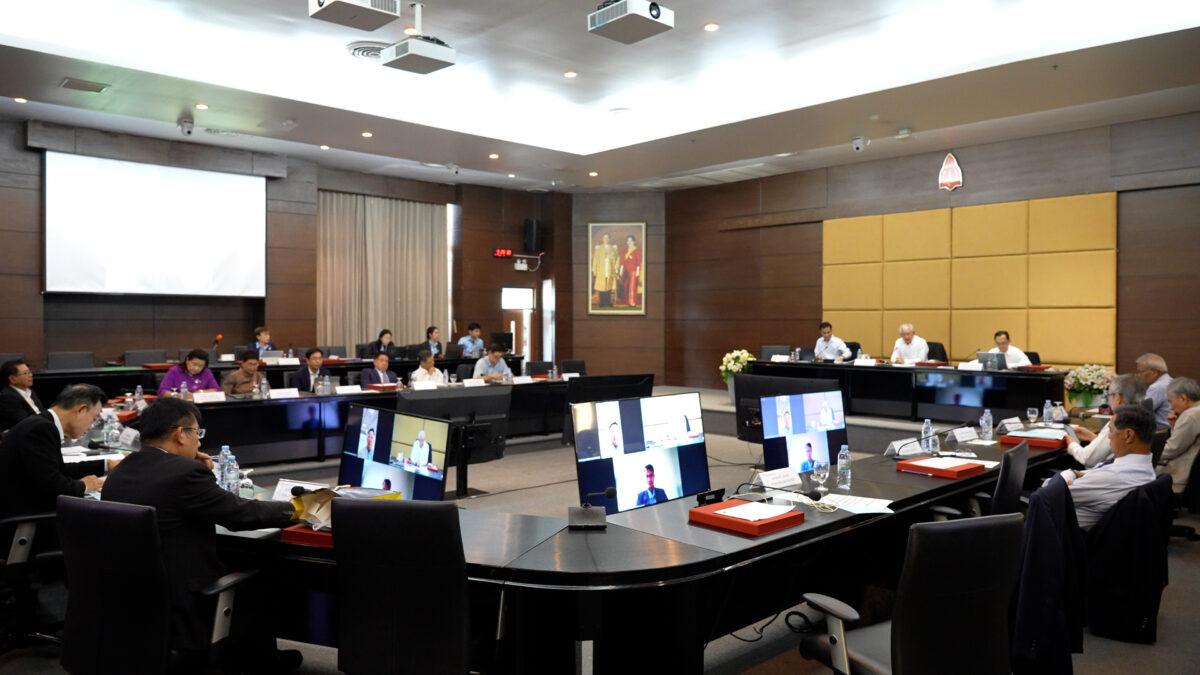
During the meeting, the council congratulated Associate Professor Dr. Charnchai Panthongviriyakul on his royal appointment for a second term as President of Khon Kaen University, effective from March 20, 2025. The council also approved the appointments of 10 Vice Presidents, as outlined in Order No. 4154/2568 issued on May 7.
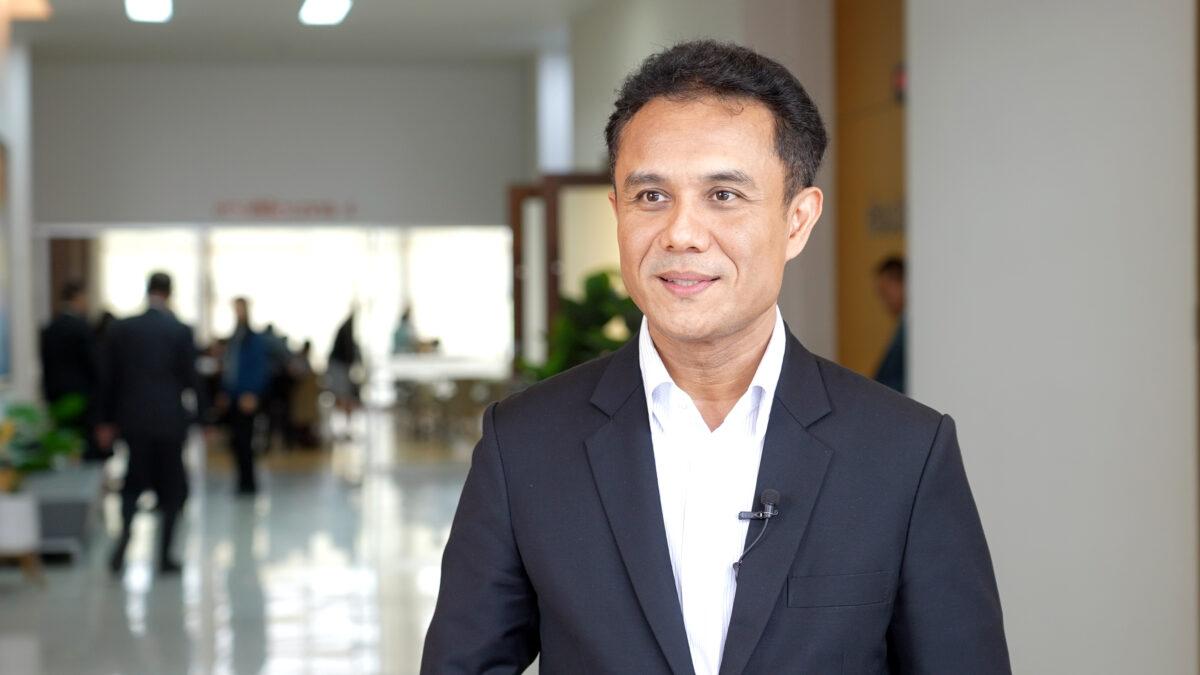
Assistant Professor Dr. Denpong Soodphakdee, Vice President for Digital and Council Secretary, emphasized that the council worked closely with the university’s executive leadership to define future strategic direction. He noted that two key vice president roles were redefined to align with the university’s updated vision: the role of Vice President for Research now includes “Innovation,” and the former role of Vice President for Student Development and Alumni Relations has been restructured as Vice President for Student Affairs and Innovation Commercialization. Associate Professor Dr. Pensri Charoenwanich has been tasked with leading this crucial initiative.
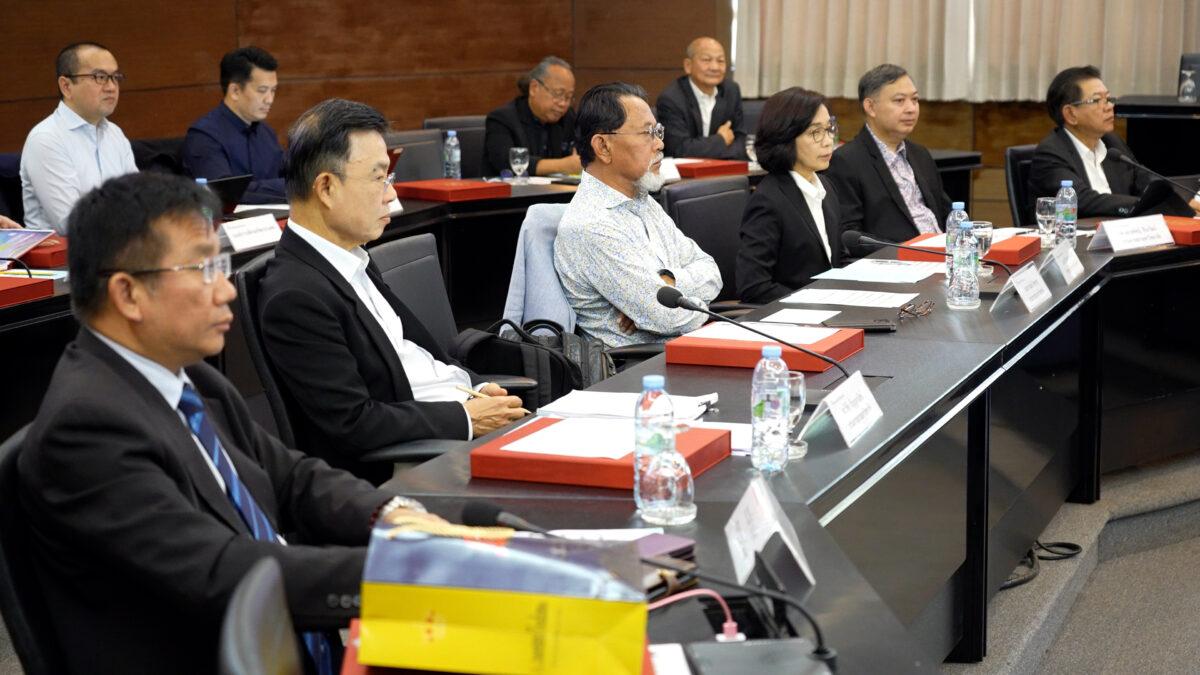
A major highlight of the meeting was the unveiling of the new strategic framework by the 28th University Council. Dr. Narongchai proposed a shift from the previous PES framework—People, Ecological, Spiritual—which had been in place for 6–7 years, to a new model structured around Four Strategic Pillars. This shift reflects the university’s ambition to adapt and lead in an increasingly competitive global environment.
“The PES framework has served us well but needs to evolve in line with the university’s growing potential and its role as a game changer in the region,” explained Dr. Denpong.
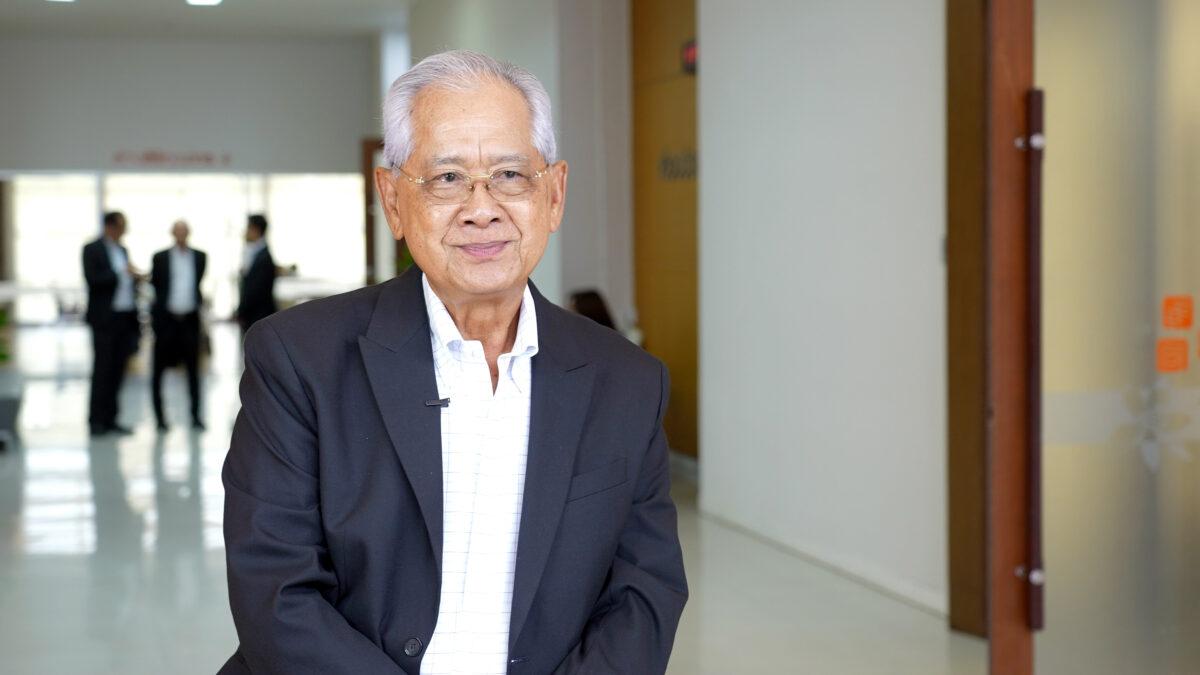
Dr. Narongchai elaborated on the global context driving this strategic transformation. “With the global economy in decline, and many major nations withdrawing support for developing countries, we can no longer rely on external assistance as before. Universities must now play a direct role in enabling the country and society to thrive amid global uncertainty. The council believes KKU has the capacity to expand its impact in this regard.”
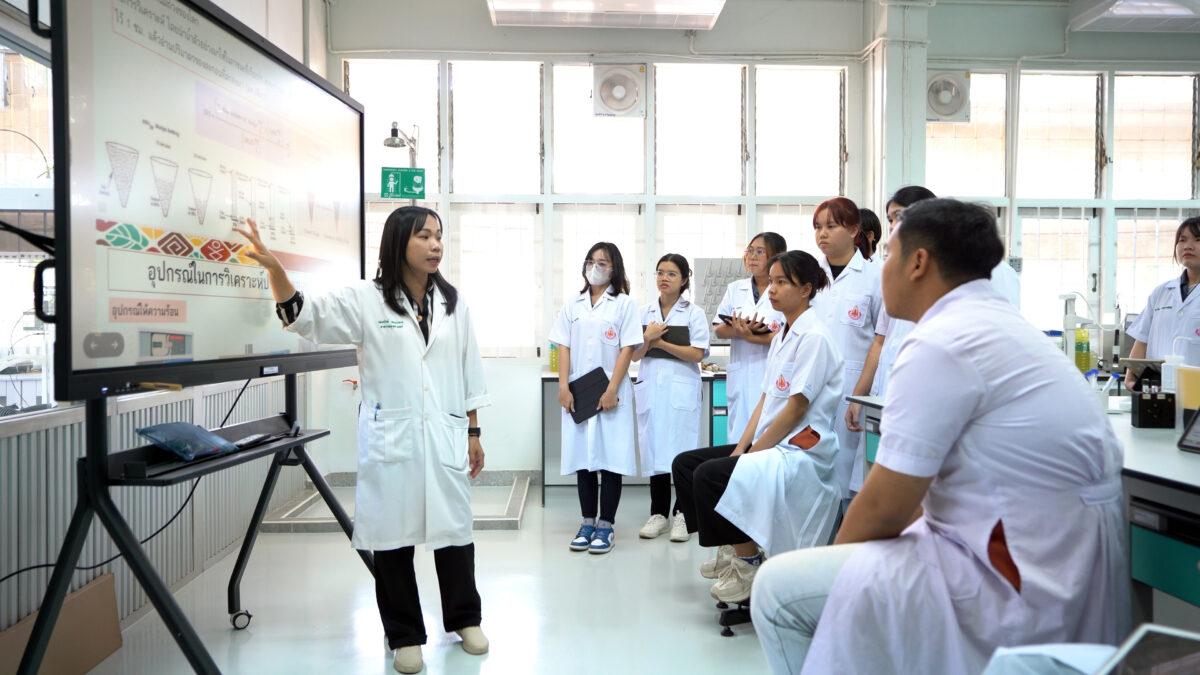
He also emphasized the vision of the 28th Council: “We want to see Khon Kaen University emerge as a top-tier institution in both education and public service, contributing to national development.”
The Four Strategic Pillars
- Academic Excellence and Innovation
The first pillar aims to elevate KKU’s academic profile through exceptional teaching, research, and innovation—especially in areas relevant to the Northeast and neighboring countries in the GMS region such as Laos, Cambodia, Vietnam, and southern China. Dr. Narongchai stressed that addressing complex societal challenges requires interdisciplinary collaboration rather than isolated academic work.
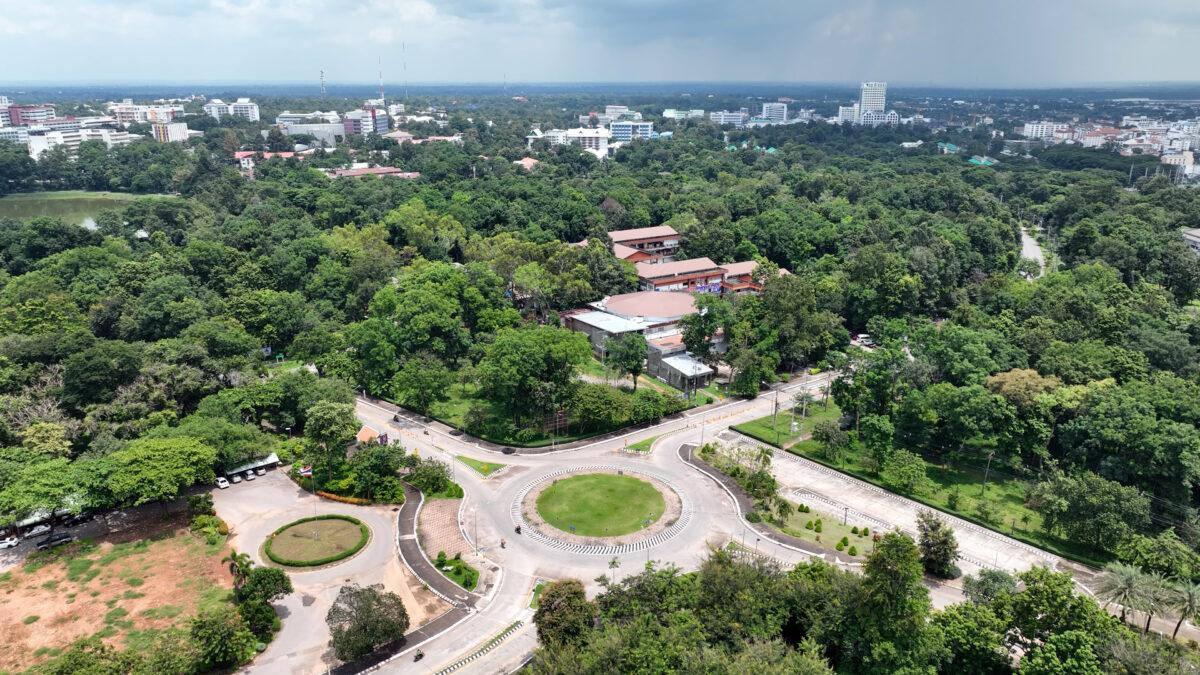
- Smart Campus and ESG Integration
KKU plans to transform its extensive 6,000-rai campus into a model Smart Campus, utilizing AI and digital technologies for resource management and service delivery. The initiative also integrates Environmental, Social, and Governance (ESG) principles, aiming to create scalable solutions that communities can adopt.
- Optimization of University Resources for Growth and Sustainability
With increasing financial responsibilities and a projected budget growth from 20 billion to 30 billion baht, the university must optimize its financial, human, and intellectual resources. Dr. Narongchai cited examples such as revenue generation through the university art gallery and commercialization of faculty research. He also noted that KKU’s financial assets currently yield an average annual return of at least 4%, and efforts will be made to further enhance this return.

- Societal Contribution via Cultural Involvement and Community Integration
The final pillar focuses on strengthening the university’s connection to surrounding communities through cultural revitalization and sustainable development. Dr. Narongchai emphasized modernizing Isan cultural elements to make them relevant and attractive locally and globally. He also called on KKU faculty and staff to engage more deeply with communities to foster mutual understanding and co-development.
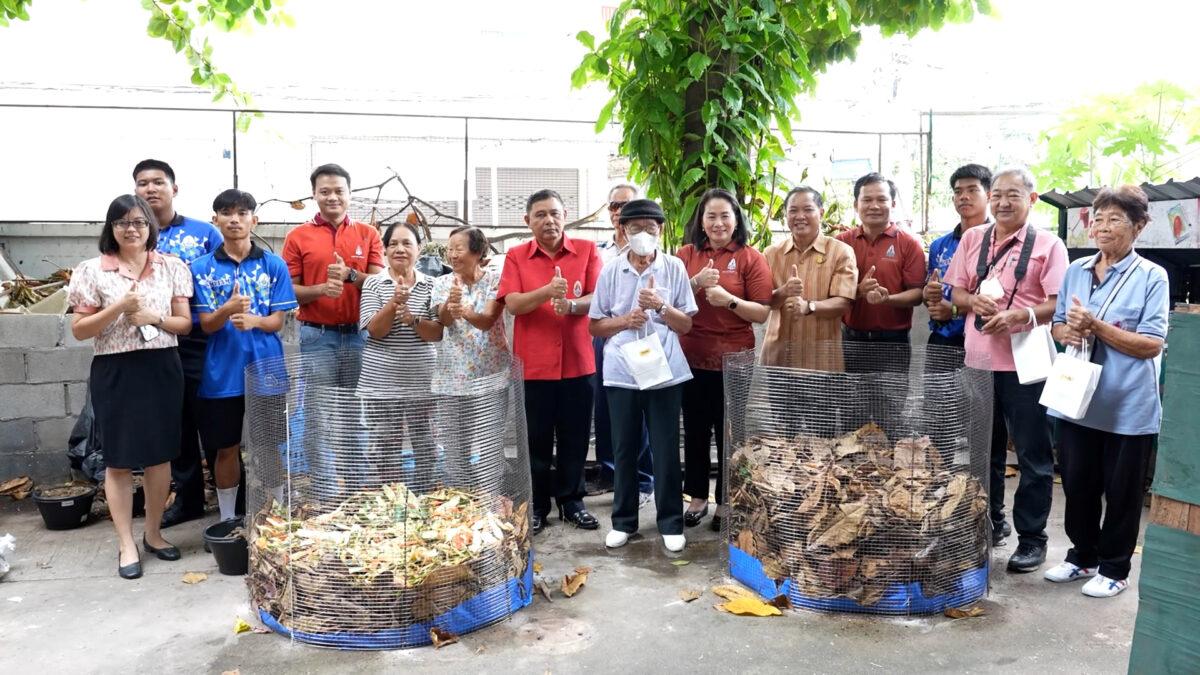
Assistant Professor Dr. Denpong concluded by stating that the executive team, including the President, Vice Presidents, and faculty administrators, will further refine and implement these four strategic pillars. “This strategy will serve as a roadmap to guide KKU’s advancement in the years ahead.”
This bold realignment of strategy reflects KKU’s commitment to not only shaping its future but also contributing meaningfully to the nation’s progress in a rapidly changing world. The Four Pillars will serve as the foundation for Khon Kaen University’s journey toward becoming a leading regional university with a strong national and international presence.
You can view the full discussion in Inside Council Ep.8 – KKU Council’s Strategic Realignment [Click here].








